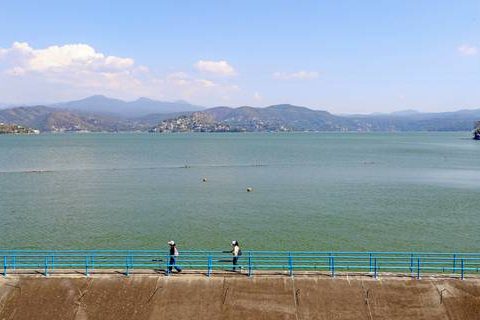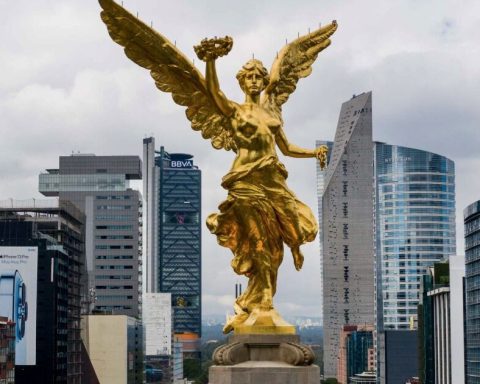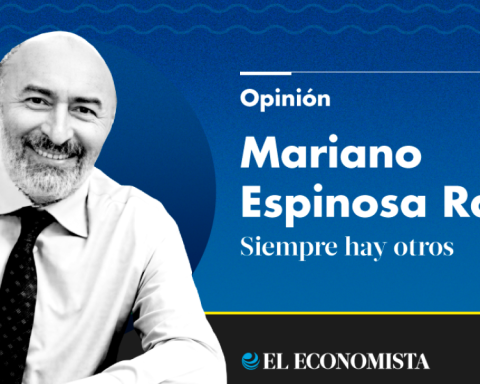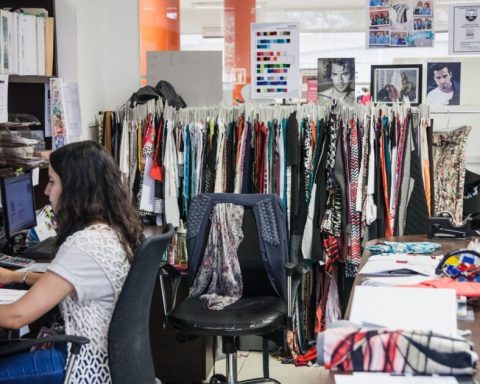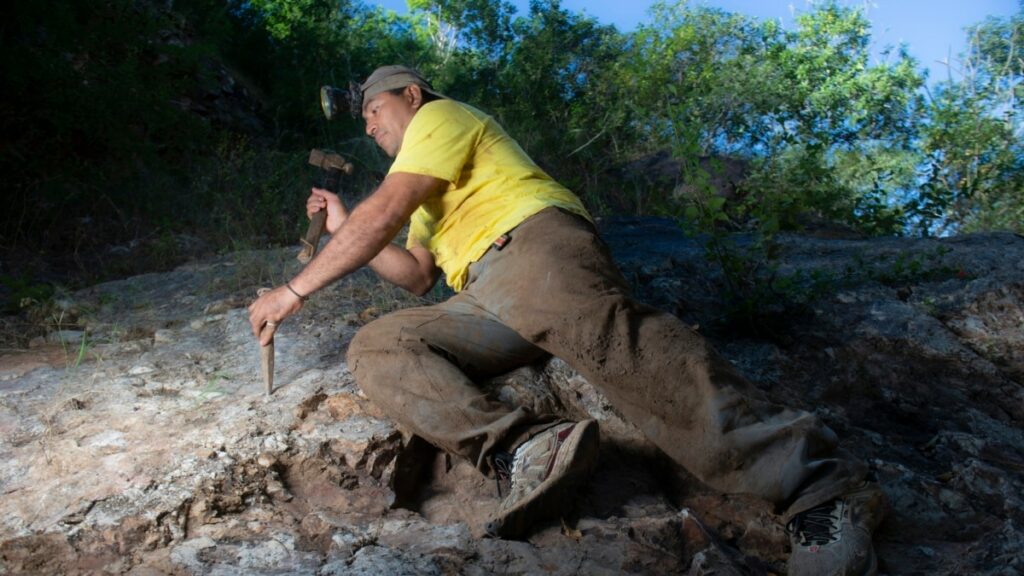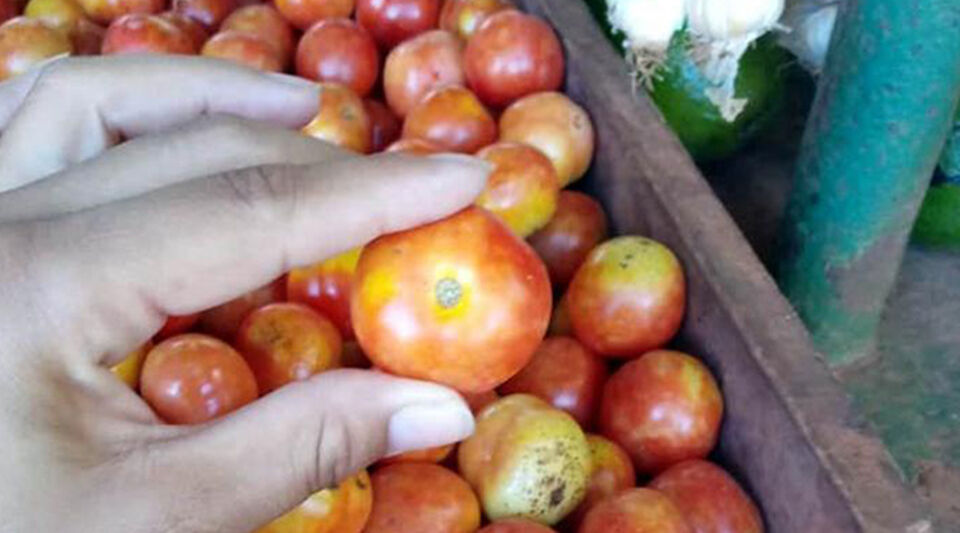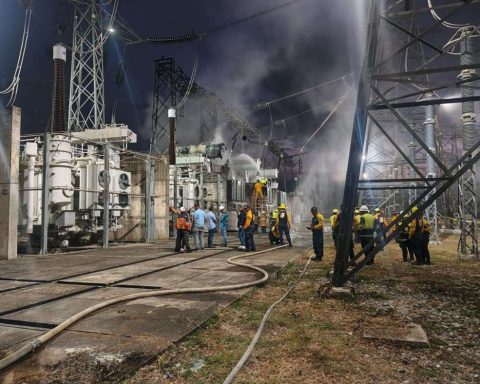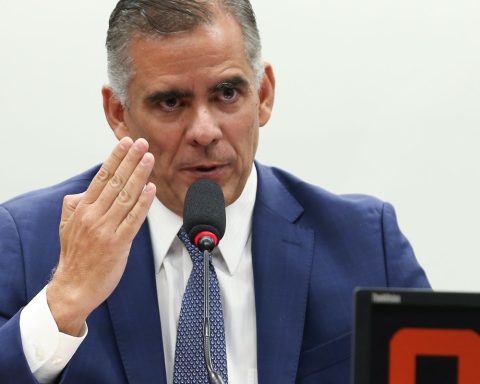The question is very profound: in Mexico, is work an exit door or is it a source of poverty?
And the answer should sink deep into the conscience of all Mexicans.
Historically, the structure of the labor world in Mexico represents a system of reproduction of poverty.
It has been this way for many years and, to date, it continues to be this way.
Low wages and labor contracts, for the most part, allow at least half of Mexicans to remain trapped in the circle of poverty; in survival.
According to data from the National Institute of Statistics and Geography (Inegi), in the country, four out of ten people live in poverty.
And, if only income poverty is considered – that is, that condition that defines the situation of those who do not earn enough to obtain the most basic – it reaches half of the population.
That is, one out of every two people in Mexico does not have enough for the most basic.
A special report from the Citizen Action organization, Facing Poverty, reveals that poverty in Mexico is stagnant; It affects more than 40% of the population since 2008.
And income poverty affects half of the population, at least since 1992, at an average of 53%.
Although percentage-wise it has remained more or less at the same level, due to the demographic growth of the population, there are more people in poverty.
In 2008 there were 49 million 500 thousand people and by 2020 there are already 55 million 700 thousand people.
This represents a growth of 8 million 200 thousand more people in poverty, in 12 years.
Inegi and Coneval measure poverty with comparable data from 1992 in the first case and from 30 years ago, for the second.
Thirty years ago, in 1992, there were 46.1 million people living in income poverty. In 2020 the figure rose to 66.7 million people.
That is, there are 20 million more people living in income poverty in 2020.
In 30 years, poverty has risen, a period of significant reduction, although moderate, but in the end it returned to previous levels and the result is negative: half of the population lacks sufficient income for the most basic.
The central problem and its root is economic. Specifically, it is produced by insufficient labor income, that is, by low wages.
The most eloquent thermometer that shows that poverty originates from insufficient labor income is the working poverty index that is carried out every 3 months.
The crudest data is the most recent of this year 2022.
He showed that 18 years after the first measurement of working poverty was made, the same result was recorded as in 2005: that 38% of the population does not earn enough to buy a food basket.
Salary has been stagnant for 20 years.
I talked with Rogelio Gómez-Hermosillo, coordinator of Citizen Action Against Poverty. He told me that poverty is largely explained by the fact that, for a long time, governments maintained a wage restraint policy that reduced the value of all wages. In addition to the fact that labor justice did not exist and trade unionism did not work.
The structure of the world of work has allowed the cycle of poverty to be reproduced. In Mexico, he emphasizes, jobs are actually factories of poverty.
To break this vicious circle, the conscience and action of the Mexican business community is required to achieve a sufficient salary to achieve a decent family income.
The expert assures that social programs will not reduce poverty. What can really get rid of poverty is the increase of the lowest wages.
Now that the minimum wage is being reviewed, they consider that it should be enough to buy two basic baskets, with an increase of 10% and 100 pesos a day as an independent recovery amount.
That at least would be a good start. We will see.

